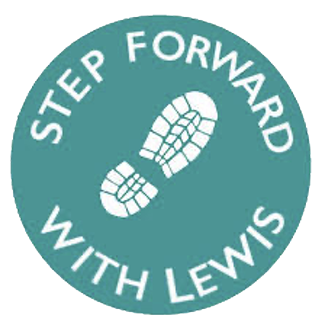It might seem an odd thing for a fitness instructor and running coach to say, but the truth is exercise on its own will only get you so far on your health, fitness and wellbeing journey.
Of course, keeping moving, building strength and flexibility, maintaining mobility and embracing cardio is vitally important.
Valuing your fitness levels will allow your body to continue working efficiently and able to perform daily tasks – and occasionally some exceptional things!
But if you really want to embrace positivity, good health, the ability to interact with others and a healthy weight you need something called ‘Total Fitness’.
Made up of six components, Total Fitness helps create complete physical, mental and social well-being, bringing an abundance of energy to enjoy life.
These components are:
- Physical fitness: This is what people generally think of when it comes to getting fit and involves building muscular strength, endurance and flexibility
- Skill-related fitness: This relates to the interaction between someone’s nervous and muscular systems, taking in balance and co-ordination
- Mental and emotional fitness: The creation of a positive, stress-free environment
- Medical fitness: Being healthy at a basic level, free of illness and disease
- Nutritional fitness: This relates to someone’s diet and the ability to eat healthy, nutritious foods
- Social fitness: The ability to interact with others
So often I hear about people who head to the gym, lift some weights once a week and expect their lives to be transformed.
Of course, working your body and being physically fit is a good thing, but it is important to keep improving across all six components.
Where a fitness instructor or personal trainer can really help is when it comes to physical fitness and skill-related fitness, and of course the skills needed to improve in those areas often dovetail with an improvement in mental health or the desire to eat more healthily.
There are five key components of physical fitness:
- Cardio: Cardiovascular fitness relates to the ability of the lungs and heart to utilise oxygen. It can be improved through activities such as running or swimming
- Muscular strength: The ability to generate force, strength makes strenuous everyday tasks easier and boosts bone mass
- Muscular endurance: The ability to generate low levels of force for an extended time period, such as when climbing stairs – it can aid tasks like gardening or the maintenance of good posture
- Flexibility and mobility: Flexibility is being able to move joints through a wide-range of healthy movement, while mobility relates to the fluidity of movement of a joint. They are essential for optimal muscular and skeletal function
- Body composition: The relationship between fat and lean body weight, this is more important than actual weight. It is influenced by exercise, diet and lifestyle factors
Skill-related fitness, meanwhile involves speed, power, reaction time, balance, co-ordination, proprioception (the ability to sense where your limbs are), and agility.
Of course, letting one component of Total Fitness slip can effect the others, for example a bad diet can make it harder to train, or poor mental health can affect your physical and medical fitness.
Taking care of all of these can be overwhelming. It needs time, patience, commitment and a certain amount of bravery. But if you really want to, you can do it.


Recent Comments